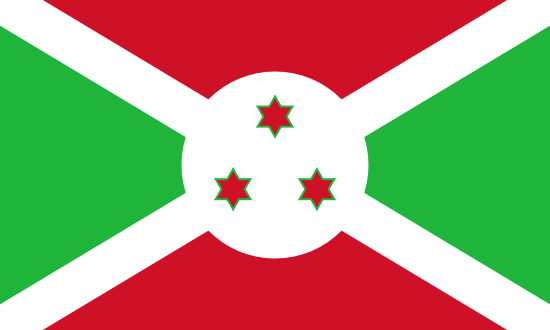
Health Insurance in Burundi, Africa
Information expatriation
Capital City: Bujumbura
Total area: 27,834 km2
Population: 8,508,000
Money: Currency Converter
Time Zone: List of time zones by country
Calling Code: +257 XXX
Practical Information:
Health Product: Travel Insurance and Health insurance
Health Insurance information and Sanitary Risk: World Health Map
BLOG: Expat Health insurance Information
Here is a brief description of the healthcare system in the country:
· Burundi has a mixed public-private healthcare system intended to provide universal coverage through the public sector. However, it remains underfunded and underdeveloped.
· Public primary care includes community health centers, health posts and mobile clinics. These often have limited staffing and supplies.
· Referrals from primary facilities are required to access public general hospitals in provincial capitals. Tertiary care hospitals are only in Bujumbura.
· Private facilities like clinics, pharmacies and some hospitals also operate but remain out of reach for most Burundians due to cost.
· Key health challenges include malaria, pneumonia, diarrhea, malnutrition and HIV/AIDS. Burundi has some of the worst health indicators globally.
· Geographic access is also a major issue, as over 60% live more than 5km from the nearest public health center.
· Per capita spending is only around $30.80 and over 60% of costs must be paid privately out-of-pocket.
Here are some key health considerations for expatriates living in the country:
· Insurance - Public care mainly serves citizens. Expatriates must purchase comprehensive private health/evacuation insurance.
· Registration - Proper work/residency permits are typically required to access most private healthcare facilities.
· Languages - French is official but Kirundi is more common. Learn some medical terms for clear communication if needed.
· Medications - Bring supplies of long-term prescriptions as availability of foreign brands is limited outside major cities.
· Vaccinations - Ensure all routine vaccines are up to date, and consider others like typhoid, meningitis or yellow fever.
· Medical capacity - Advanced care is mostly in Bujumbura. Evaluate proximity to major hospitals for emergencies.
· Water/food safety - Bottled water is best for drinking. Cooked foods reduce illness risk in this setting.
· Malaria - Take anti-malarial as prescribed and use repellent/protective clothing for exposed areas.
· Road safety - Roads can be dangerous. Drive carefully given lack of enforcement and high accident rates.
